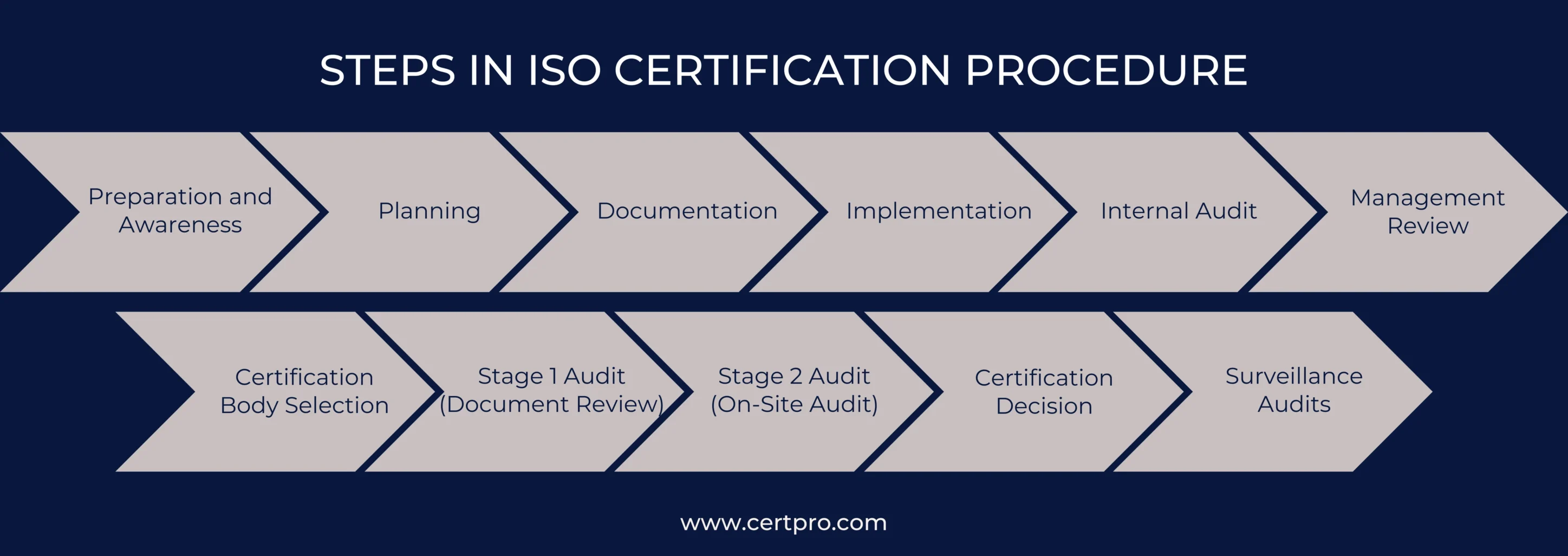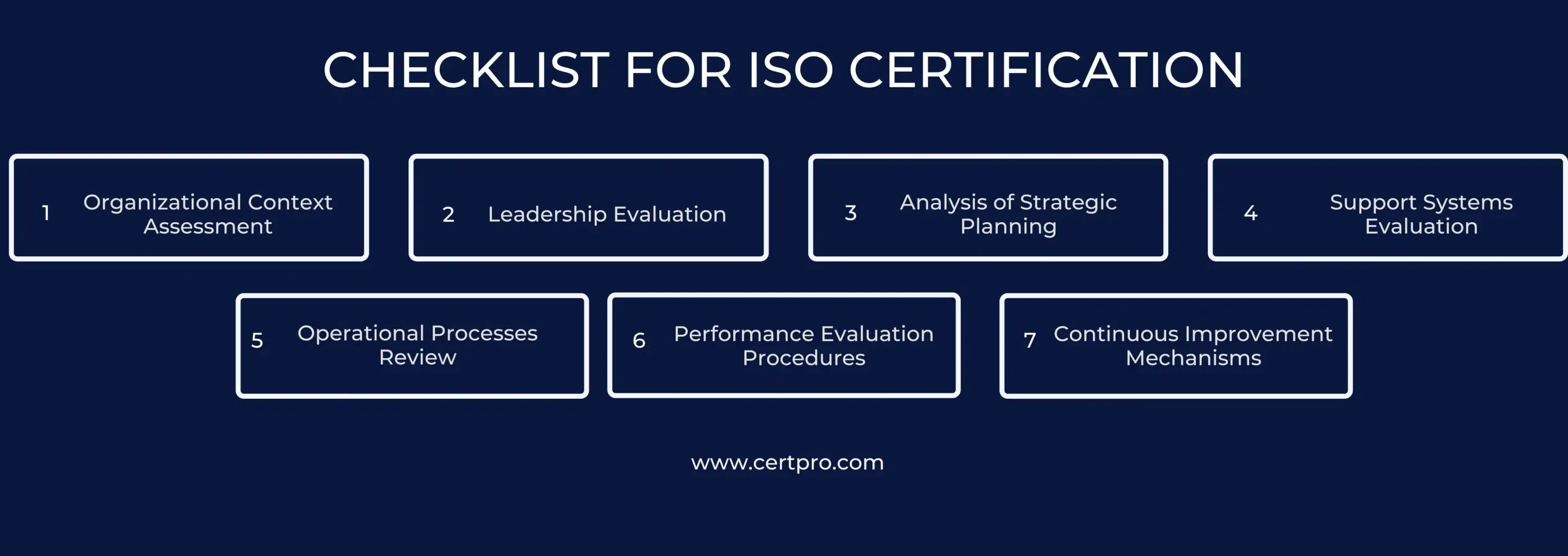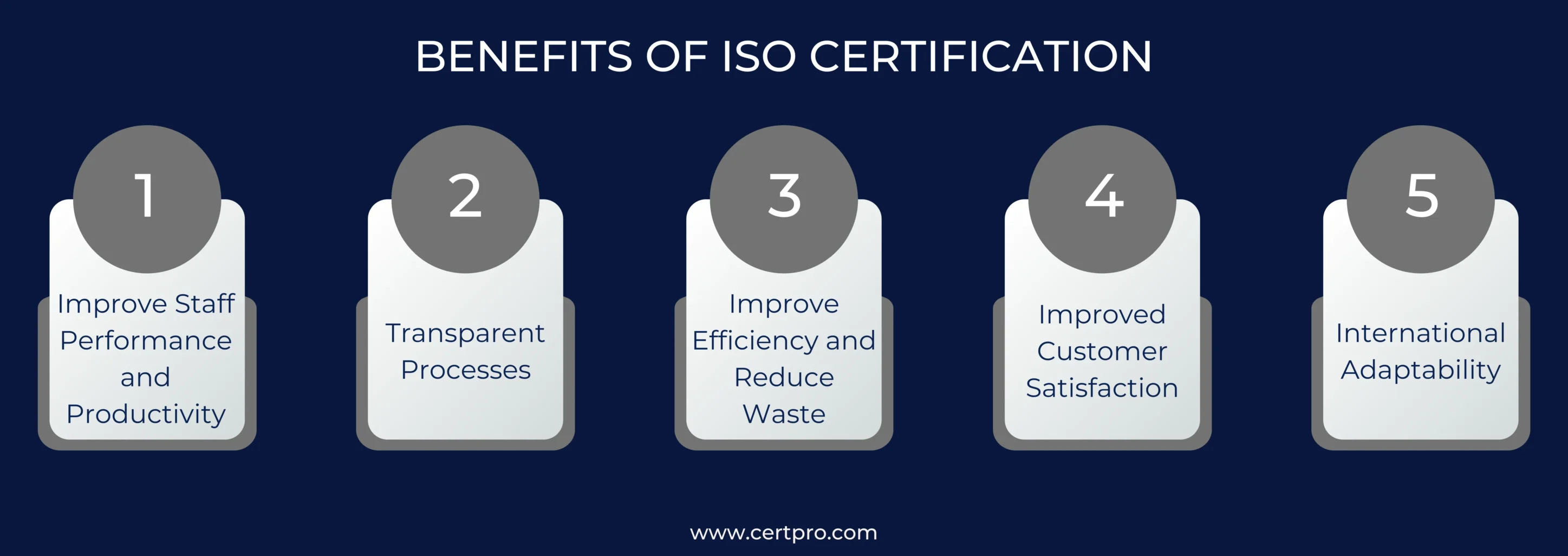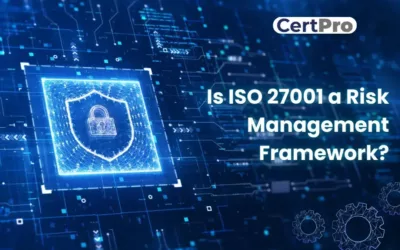UK
ISO CERTIFICATION IN UK
The International Organization for Standardization (ISO) is an independent body. It standardizes organizations regarding the efficiency and safety of goods and services. Thus, ISO certification in UK is a deliberate process. The certification confirms that organizations comply with the specified ISO standards. In addition, it ensures the delivery of effective and efficient products or services. In today’s digital world, ISO certification is a more straightforward process. Therefore, businesses may now easily explore and complete the requirements of ISO in the UK. Additionally, ISO certification in UK creates trustworthy relationships with the stakeholders and customers. The process confirms the organization’s compliance with global manufacturing and quality standards.
Furthermore, organizations obtain ISO certification to show their commitment to industry-specific laws. Similarly, ISO certification in the UK promotes international trade and ensures the quality of products and services. The goal of the certification is to enhance industrial well-being worldwide. ISO certification in the UK reveals an organization’s commitment to providing goods and services. It emphasizes upholding global norms and boosts the organization’s credibility.
WHY ISO CERTIFICATION IN UK?
Businesses in the UK need to maintain standards and adhere to laws. This helps them enter international markets. Therefore, it is essential to understand the complexities of getting ISO certification. In addition, the certification promotes sustainability, fosters consumer trust, and increases operational effectiveness. ISO certification in UK ensures risk management, competitiveness, and compliance with global standards. In the UK, the certification provides a concrete commitment to international standards. Thus, it helps create trust among partners, investors, and clients.
Hence, it is essential for facilitating cross-border trade, removing obstacles, and increasing acceptability. Organizations with ISO certification in UK can stand out in the market for their commitment to standards. Additionally, streamlining processes per ISO standards reduces expenses and increases productivity. Standardization assures customers of superior goods and services. Organizations must comprehend and navigate the certification procedure.
In summary, ISO in UK strengthens customer relationships, improves operational excellence, and provides access to global markets. It improves market standing and encourages environmentally friendly practices. Therefore, these factors support UK businesses’ success in the domestic and international arenas.
UNDERSTANDING ISO CERTIFICATION IN UK
ISO certification in UK helps organizations uphold international standards. It signifies that an external auditor has reviewed your business’s internal procedures. In addition, it ensures that the company complies with international standards. In this sense, certification simplifies industrial production. It also guarantees product safety and uniformity and fosters international compatibility. Therefore, the importance of accreditation in industry standardization must be recognized. Many firms pursue ISO certification to fulfill their customer demands. In addition, ISO in the UK guarantees product quality and acceptance. It lowers risks while providing excellent services and goods. Additionally, ISO certification in the UK ensures organizational operational excellence. It enables businesses to design a solid framework that satisfies the specifications.
Related Links
ISO 27001 in UK
SOC 2 in UK
ISO 27701 in UK
GDPR in UK
ISO 27018 in UK
HIPAA in UK
CCPA in UK
PIPEDA in UK
ISO 17025 in UK
ISO 13485 in UK
CE Mark in UK
GDP in UK
GLP in UK
ISO 9001 in UK
ISO 14001 in UK
ISO 45001 in UK
ISO 22000 in UK
HACCP in UK
ISO 22301 in UK
ISO 21001 in UK
ISO 41001 in UK
ISO 20000-1 in UK
It also allows for strict adherence to international standards, enhancing the product’s dependability. Again, certification secures client retention, lowers operating costs, and standardizes the operational process. ISO certification is still necessary for the UK market since it promotes competitive advantages. Finally, the accreditation fosters consumer trust and upholds the company’s reputation.

STEPS IN ISO CERTIFICATION PROCEDURE IN UK
A small to medium-sized company with a moderate level of complexity usually finishes the certification procedure in 3 to 6 months. The steps of certification are described below:
Understanding ISO: The first step is understanding an organization’s meaning and purpose in achieving certification. Understanding the standard will make the overall organization’s certification procedure considerably more straightforward.
Recognize the gap: An organization’s existing quality standards are essential in the ISO certification process. Therefore, completing a gap analysis can reveal your organization’s quality benchmark. It also recognizes the areas of vulnerability to avoid risks.
Prepare your documentation: Documentation is a crucial component of the ISO process. Therefore, proper documentation allows us to identify the goals. The standard’s purpose is to offer a continuous quality management system, and the systems can only succeed with the necessary documentation.
Implement your plan: After considering the gaps, the strategy must be executed. In addition, employees must receive extensive training and education as part of the implementation process. Management must be alert when implementing the new standards.
Auditing: The ISO certification process requires internal and external auditing. Employees can perform internal auditing; however, it should be unbiased. The findings are rectified and documented for external audits.
Ongoing improvement: Implementation of certification requires ongoing assessment and continuous improvement for better functioning.

ISO CERTIFICATION PROCEssing time
The ISO certification procedure requires six months to a year from implementation to registration. Therefore, businesses obtaining this certification must implement particular policies and procedures. Suppose the appropriate audit days are carried out annually. In that case, the firm will get an official certification upon completion of the initial audit. It is valid for three years.
CHECKLIST FOR ISO CERTIFICATION IN UK
Utilize the following audit checklist to verify ISO standard compliance:
Organizational Context Assessment: Understanding the organization’s certification-related objectives is essential. Thus, it helps recognize stakeholder expectations and address internal and external issues. It also evaluates the potential and dangers associated with compliance.
Leadership Evaluation: It signifies the organization’s dedication to providing high-quality services to customers and maintaining quality procedures.
Analysis of Strategic Planning: Organizations must list risks, opportunities, and objectives to create effective planning. Similarly, strategic planning ensures risk management and resource allocation in the organization.
Support Systems Evaluation: Companies must implement a quality control system. This requires infrastructure, tools, an operating environment, knowledge, and protocols and validates the existence of support systems.
Operational Processes Review: Businesses need to assess their services critically. It can determine their weaknesses. Moreover, procedures can be changed to increase delivery effectiveness. Furthermore, a closer look at external procedures is required under this requirement.
Performance Evaluation Procedures: This section offers techniques for monitoring and assessing organizations’ performance. The process consists of management evaluations, customer satisfaction surveys, and internal audits might be employed.
Continuous Improvement Mechanisms: Implementation of ISO in UK demands continuous monitoring and advancement. This helps improve the compliance standard and the effectiveness of the strategy.

POPULAR ISO STANDARDS IN UK
ISO 9001: To comply with ISO 9001 standards, a unique quality management system must be implemented. ISO 9001 governs quality management systems. Furthermore, the main goal of ISO 9001 is to ensure that clients receive high-quality goods or services from businesses. Therefore, it aims to ensure best practices and provide opportunities for continuous development.
ISO 14001: ISO 14001 is the industry standard for environmental management. It necessitates establishing an environmental management system to lessen their ecological impact. Therefore, it stimulates waste reduction and fosters proactive environmental protection initiatives. It is becoming increasingly common as consumers care about environmental safety. They look for environmentally friendly goods and services. Thus, ISO 14001 certification shows the ecological responsibility of organizations.
ISO 27001: The certification in UK specifies information security management system requirements. It is among the most comforting credentials you can present to current and prospective customers. This certification promotes all-encompassing strategies that focus on safeguarding people, procedures, and technology. It highlights the organization’s constant attention to securing customer data.
ISO 45001: The standard for health and safety is ISO 45001. This standard is common among businesses in the manufacturing and construction industries. It demonstrates an organization’s commitment to controlling and reducing risks to health and safety. Ultimately, it promotes a safer work environment for employees—the systematic approach involves employee engagement for awareness and continuous improvement.
CE MARK: The Conformitè Europëenne (CE) certification denotes adherence to environmental, health, and safety regulations for goods produced, created, and marketed inside the European Economic Area (EEA). The EEA contains a list of 25 directives and regulations that require using the CE mark. Acquiring certification with the CE mark signifies dependability, uniformity, and effectiveness. Moreover, the certification guarantees that products are risk-free for human life.
ISO 22000: A person’s health greatly depends on the quality and safety of their food. Every company involved in the food supply chain in the UK should prioritize ISO 22000 certification. It confirms the food safety of the food supply chain.
ISO 21001: A global standard for businesses that offer educational services. The UK’s ISO 21001 certification helps educational providers meet students’ needs and standards. The goal of the ISO 21001 standard is to guarantee that educational establishments provide students and learners with the best possible instruction.
BENEFITS OF ISO CERTIFICATION IN UK
If you want to boost the expansion and reputation of your company, you should pursue ISO certification. It is an internationally accepted standard that proves your company is creating standards for quality management. For your knowledge, below are just a few advantages that have been mentioned:
Improve Staff Performance and Productivity: Obtaining ISO certification is an excellent method for businesses to increase performance and production. Consequently, standardizing processes and procedures encourages employees to collaborate effectively. The audit that comes with the ISO certification provides a work plan for the organization.
Transparent Processes: The external audit is part of the certification procedure. This makes the operating process visible and aids in identifying areas that require improvement. Furthermore, ISO standards expose process metrics, increase functionality, and streamline operational operations. Therefore, standardization lessens uncertainty and confusion about duties and improves communication about expectations.
Improve Efficiency and Reduce Waste: In the UK, obtaining ISO certification improves your company’s financial performance and reduces expenses. Furthermore, ISO certification in UK provides standards for quality management systems that might increase profitability.
Improved Customer Satisfaction: ISO certification in the UK proves your business’s reliability to customers. Thus, obtaining ISO certification is a legitimate way to demonstrate your commitment to superior goods and operational processes. The products and services are guaranteed to meet international quality standards.
International adaptability: The standards ensure that the company continues to provide goods and services that meet global standards. It shows the company has a defined plan for minimizing and decreasing risks. Therefore, ISO certification in UK gives organizations global flexibility to support their expansion.

INDUSTRIES THAT BENEFIT FROM ISO CERTIFICATION IN UK
The advantages of ISO certification have significantly impacted several UK industries. Therefore, it leads many businesses to realize its importance to their success. These certificates represent a dedication to sustainability, safety, and quality. ISO 9001 accreditation improves the efficiency and product quality of the UK industry. In addition, this gives businesses a robust platform in cutthroat industries and promotes customer confidence.
In an era when data is precious, ISO 27001 certification is essential in the UK’s IT industry. It helps strengthen risk management and data security practices. Thus, it helps with technological improvements and the protection of sensitive data. The certification offers confidence to clients from various industries and guarantees business success. The UK’s automotive industry relies on the ISO/TS 16949 standard. It ensures vehicle safety and dependability and enhances the nation’s standing as a prominent global producer of superior autos.
ISO accreditation improves society by encouraging ecologically responsible and sustainable building practices. It makes the UK healthier, wealthier, and more sustainable due to certification.
CERTPRO: EMPOWERING YOUR BUSINESS TO ATTAIN ISO EFFORTLESSLY
Implementing ISO certification in UK demonstrates your company’s credibility to the outside world. In this regard, CertPro can help your business adhere to ISO standards. Therefore, contact CertPro if you need affordable and practical auditing assistance. We are a reputable ISO consultants in UK company offering services to multiple organizations. Thus, work together with CertPro to make the ISO certification process simple and reasonable. We provide our clients with exceptional services while adhering to the norms. Hence, our professionals will help you create a robust certification system. CertPro adapts the standard to the unique requirements of the enterprise. In addition, we support our clients during the surveillance audits and certification processes.
FAQ
Which ISO standards do businesses in the UK commonly seek?
In the UK, businesses commonly pursue ISO 9001:2015 for quality management, ISO 14001:2015 for environmental management, ISO 27001:2013 for information security, ISO 45001:2018 for occupational health and safety, and others such as ISO 22000, ISO 21001, and CE Mark for specific industry requirements.
How does ISO certification benefit businesses in the UK?
ISO certification in the UK provides enhanced credibility, improved market access, operational efficiency, increased customer satisfaction, and a competitive advantage on a global scale. It signals a commitment to quality, adherence to international standards, and sustainable business practices.
Why is ISO certification important for businesses in the UK?
ISO certification is crucial for UK businesses as it demonstrates dedication to operational excellence, adherence to global standards, and continuous improvement. It facilitates international trade, enhances market reputation, and provides a competitive edge in the dynamic business environment.
What are the key steps in obtaining ISO certification in the UK?
Obtaining ISO Certification in the UK involves steps such as preparation, planning, documentation, implementation, internal audit, management review, certification body selection, document review, on-site audit, certification decision, and regular surveillance audits to ensure ongoing compliance.
Which industries in the UK benefit the most from ISO certification?
ISO certification benefits a wide range of industries in the UK, including manufacturing, IT, automotive, healthcare, construction, and more. The certifications contribute to operational efficiency, product quality, data security, and overall business excellence.
IS SOC 2 THE SAME AS ISO 27001?
In today's digital landscape, ensuring the safeguarding of client data is paramount for businesses. Adhering to recognized compliance standards is vital to meeting this demand. ISO 27001 vs. SOC 2 represent two prominent benchmarks in the realm of data security with...
IS ISO 27001 RISK ASSESSMENT VITAL FOR SECURITY MEASURES?
The ISO 27001 standard provides a framework for information security, highlighting the importance of a thorough risk assessment procedure. Organizations use the methodical and complex ISO 27001 risk assessment process to identify and assess information security...
ISO 27001 COMPLIANCE REPORT
The protection of sensitive information has become critical for businesses and organizations in today's digital age. With the rising frequency and sophistication of cyber threats, it is critical to implement strong security measures to safeguard critical data. ISO...












